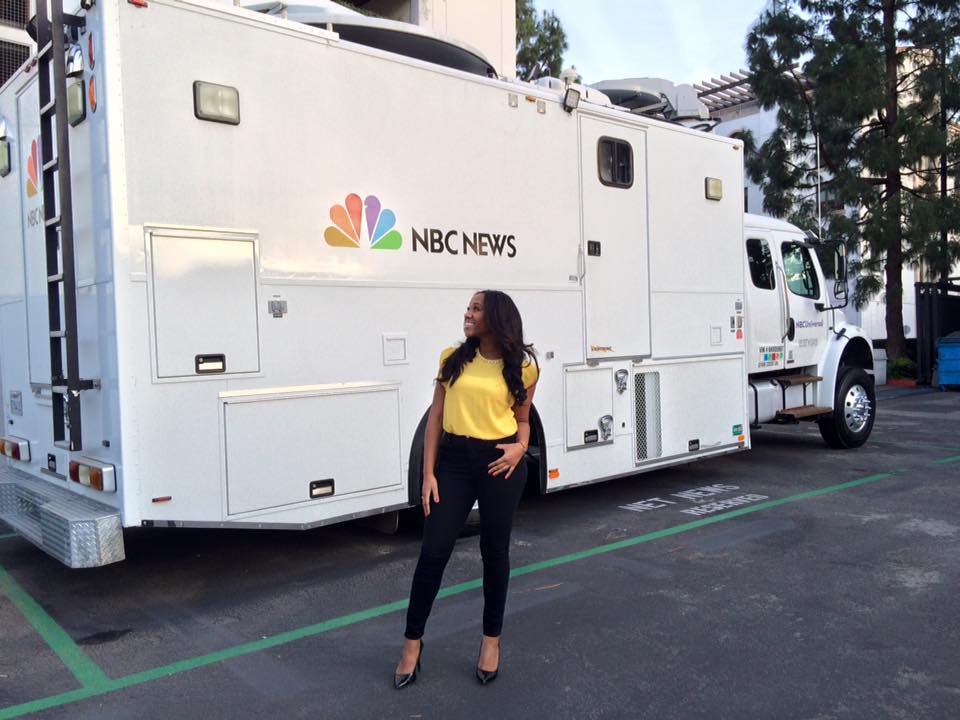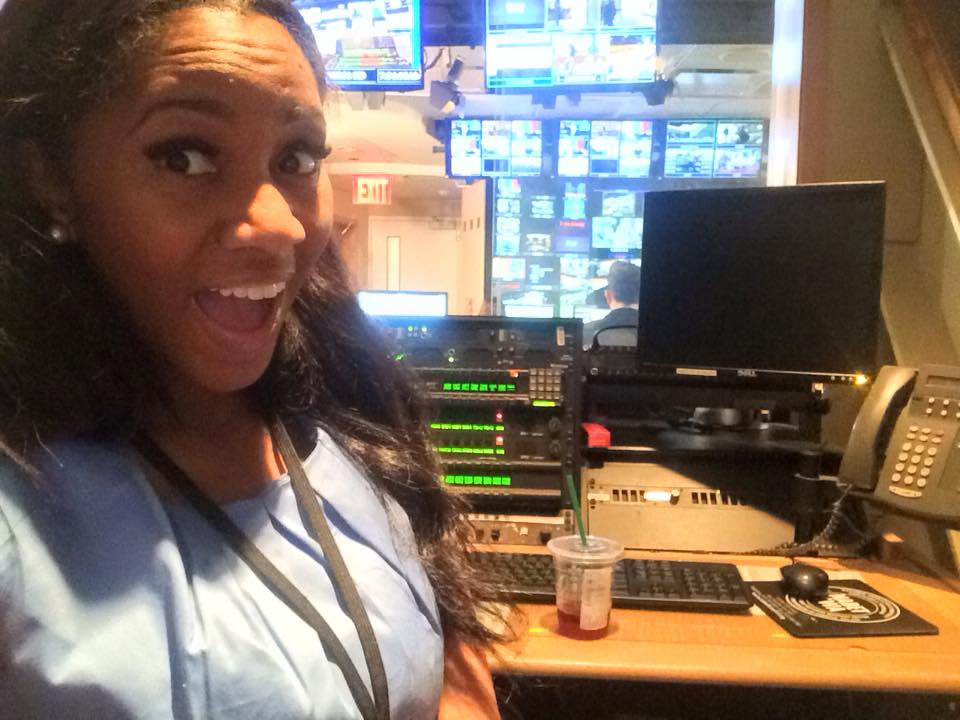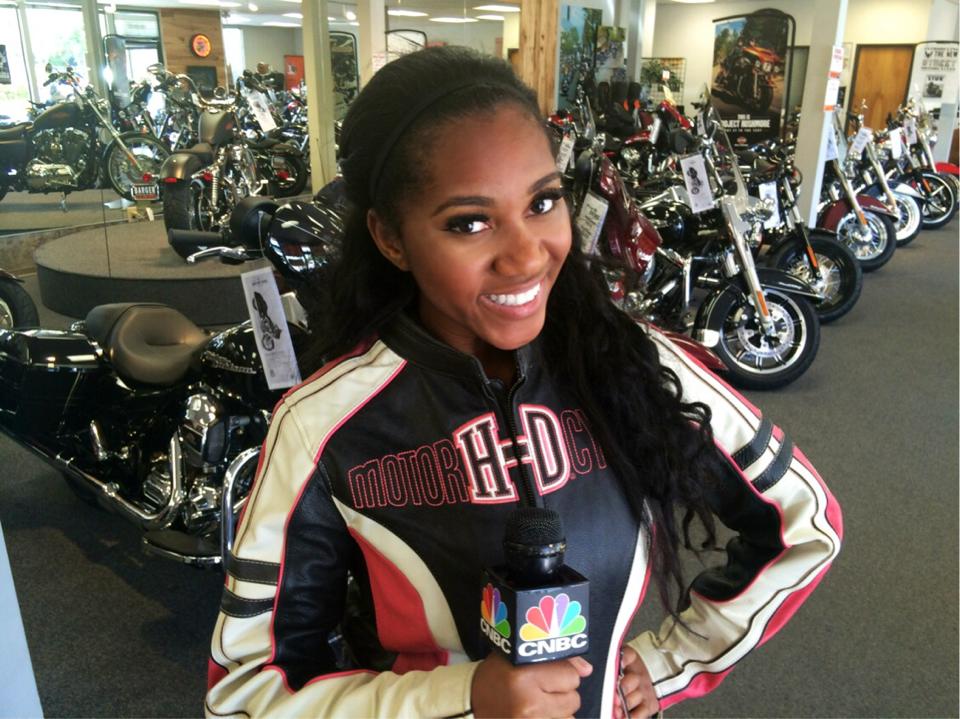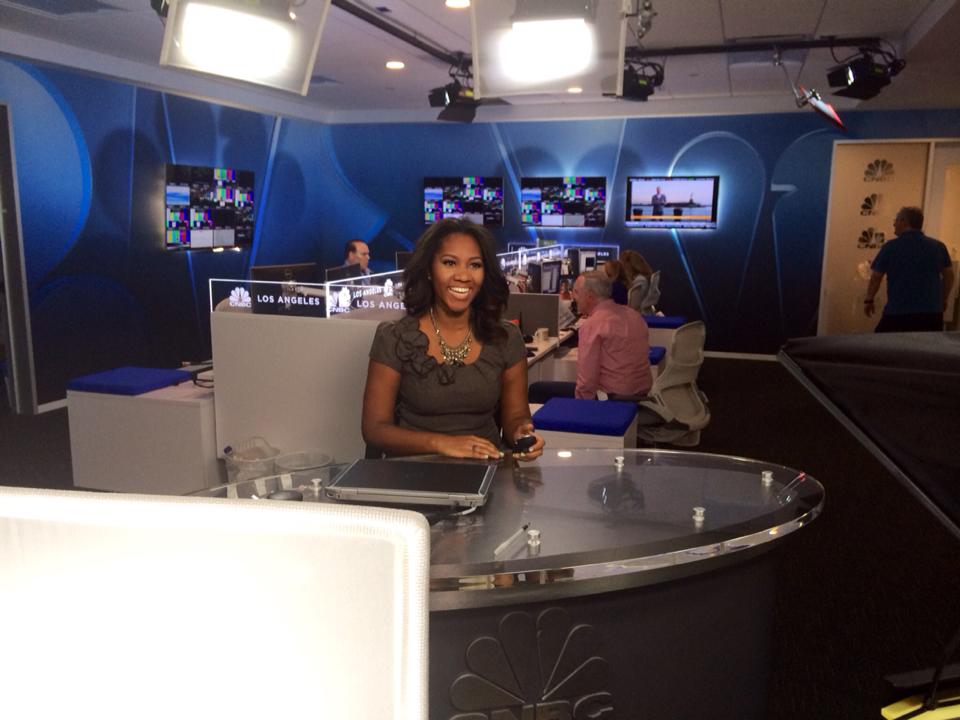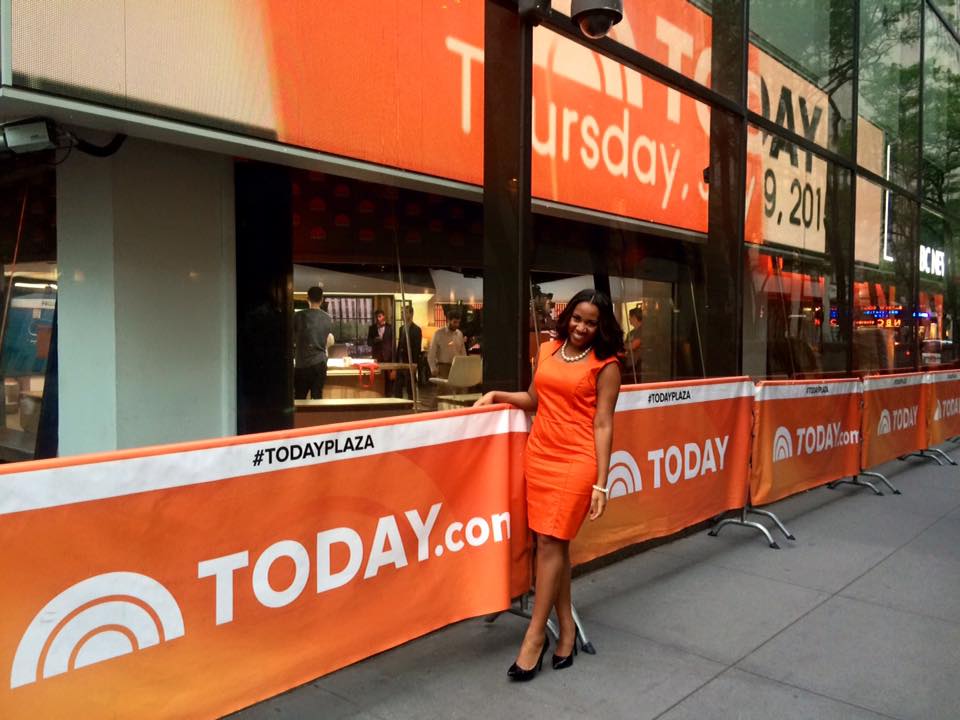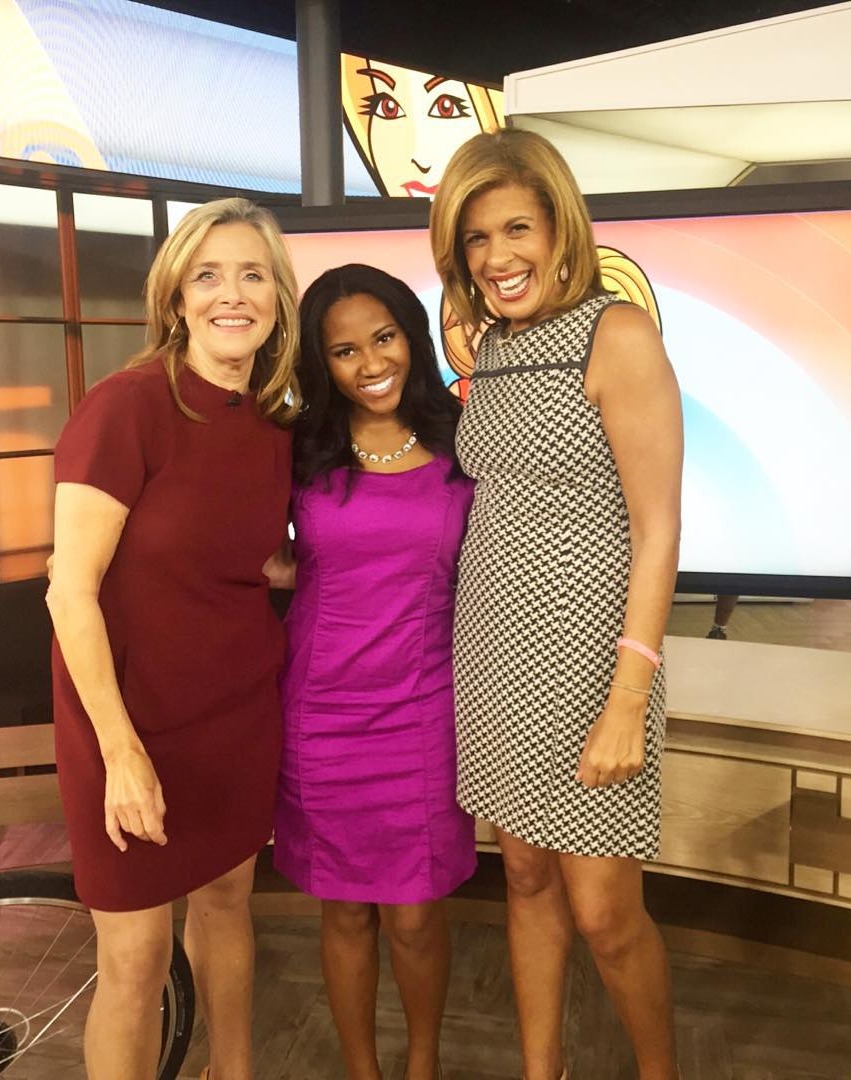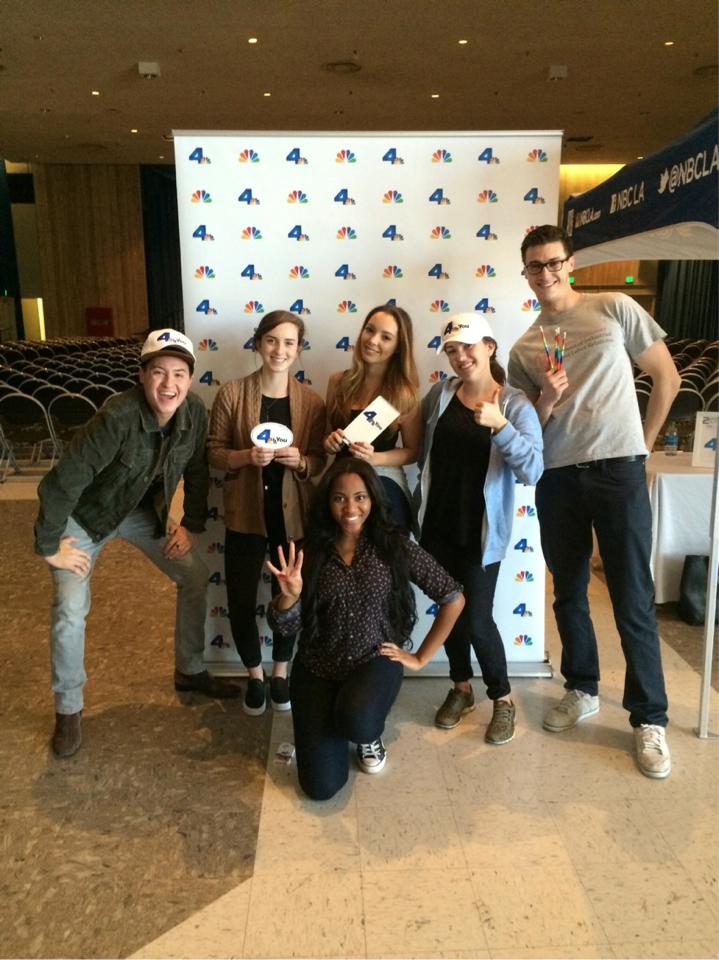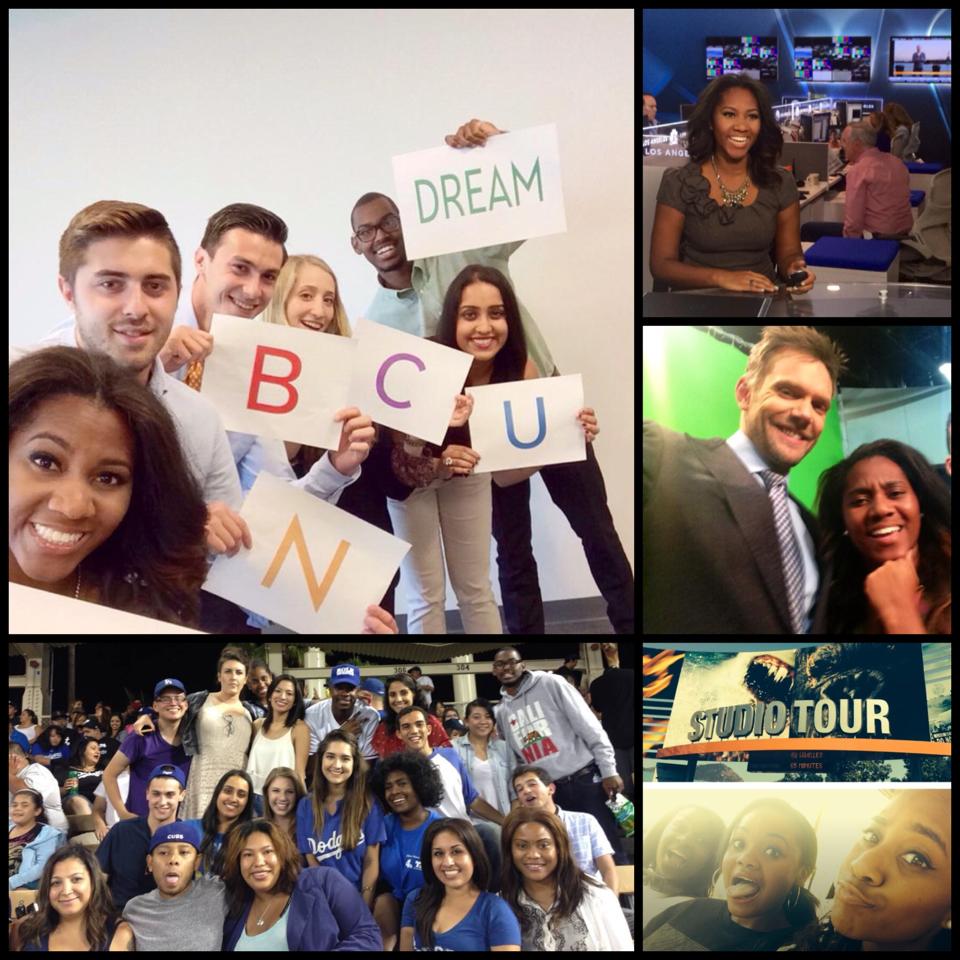
For journalists, interviewing is an essential part of the job. But before asking the hard questions to those in power, journalists have to sit in the hot seat first — and be interviewed to get their job.
Kay Angrum, host and digital reporter for NBC 4 New York, said her first journalism job interview felt like “taking a leap of faith.” But she encourages early-career journalists to “feel the fear. Go for it.”
Below, Angrum and Tara Morgan, NBC principal recruiter for early-career candidates, share their best practices for journalists who want to stand out in a crowded field of applicants.
Research the company
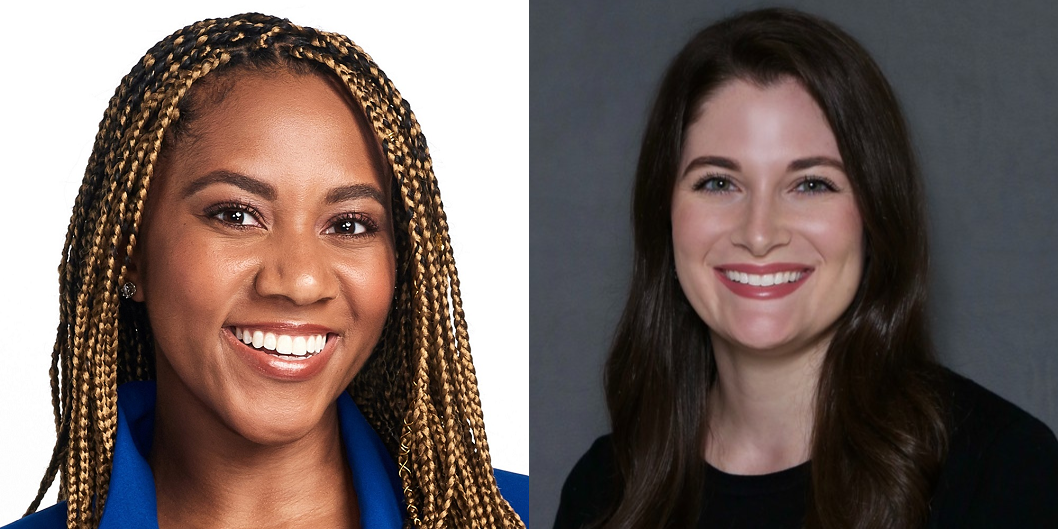
NBC News recruiters receive hundreds of resumes and reels for every job opening, said Morgan. She’s had candidates who looked good on paper and then interviewed for a news show without knowing the hosts. It’s important to research the company where you are applying and consume its news stories and express genuine interest in it, she said.
Angrum has learned from such mistakes. She recalls being a finalist for a fellowship named after a community activist in healthcare and fair media, but when asked about the person, it was the one detail she had forgotten. “It was a moment to get sharper, to get feedback, to improve,” she said.
Morgan recommends that applicants familiarize themselves with the types of stories the news outlet focuses on, and incorporate them in responses during job interviews.
Morgan also advises candidates to be specific about their interests. As a recruiter, she wants to help place candidates where they will fit and grow. It’s best to avoid generic answers like, “I just want to get my foot in the door,” or “I am open to anything,” she said. Teams are looking for motivated people who have an idea of what beat or career path they want to focus on, she said.
Create a ‘cheat sheet’
Before speaking with a potential employer, Angrum likes to practice doing mock interviews with a friend. “Once I stepped through the door of that interview, I had already done this at least two or three or four times,” she said.
Morgan also recommends recording yourself if you feel more comfortable practicing alone. “You don’t realize oftentimes, because you’re so used to hearing yourself speak, that you say filler words.” These include the excessive use of “um” and “like.”
In preparation for a journalism job interview, Angrum recommends creating a “cheat sheet.” This document includes details from her research, such as who comprises the team and what the mission is. She’ll also jot down at least three recent stories, three original pitches and five questions to ask. Angrum will also write some work-related fun facts about the team she found on LinkedIn to show she’s done her research and open up the conversation.
When discussing her reporting, she said, she lets potential employers know that her passion lies in community-based stories that highlight someone making an impact. “I love to get that out there because you just never know who you’ll inspire,” she said. “And oftentimes those people inspire me.”
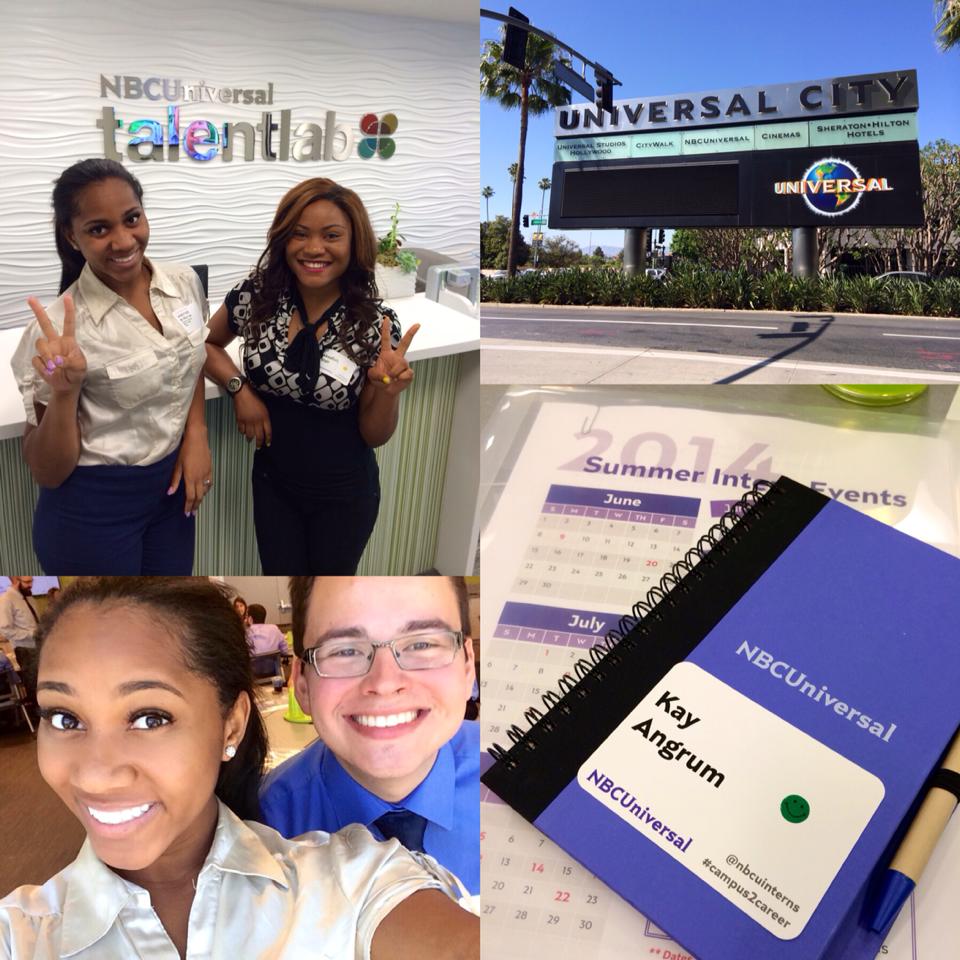
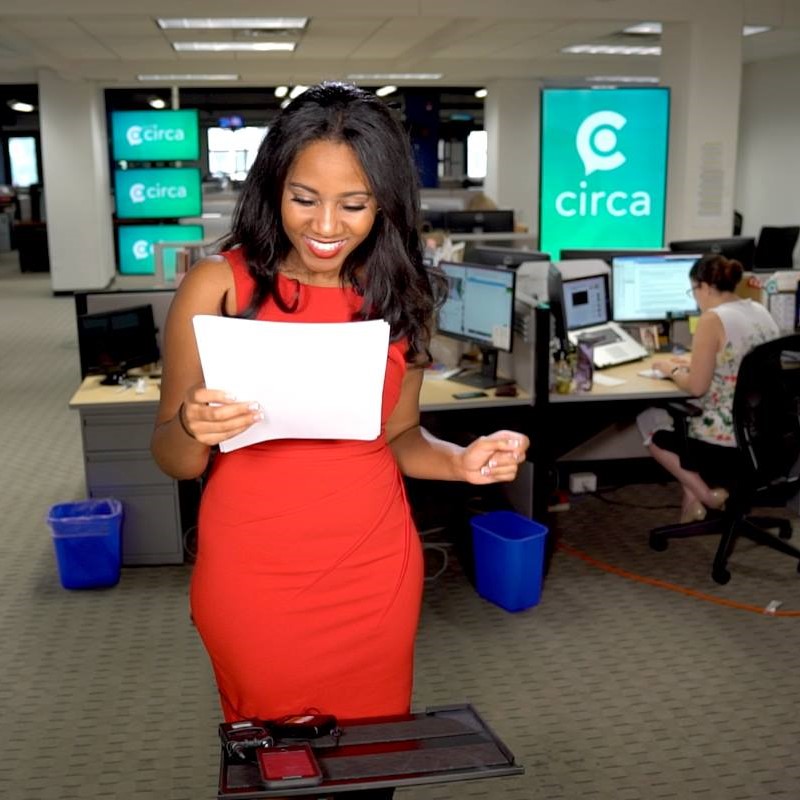
Align your experience with the role
Recruiters are looking for three qualities when it comes to a candidate’s experience: adaptability, confidence and curiosity, said Morgan.
“Especially when it comes to the journalism industry, most of your job is being curious and asking questions,” said Morgan. “So, we want to see that exemplified in the interview stage.”
When she reviews a resume, Morgan said, she likes to see the applicant “devoting that free time to learning more about journalism.” This includes extracurriculars such as working at a student newspaper, producing at a local TV station or recent internships.
She also said those without a strong journalism background should elaborate on any transferable skills, such as research, writing and editing. Starting your own blog or YouTube channel also shows you are taking initiative in writing or being on air.
If you are interviewing via video, applicants should still dress like they’re going to an in-person interview, she said. Morgan also advises to have a quiet and clean background to avoid distractions.
Humanize the conversation
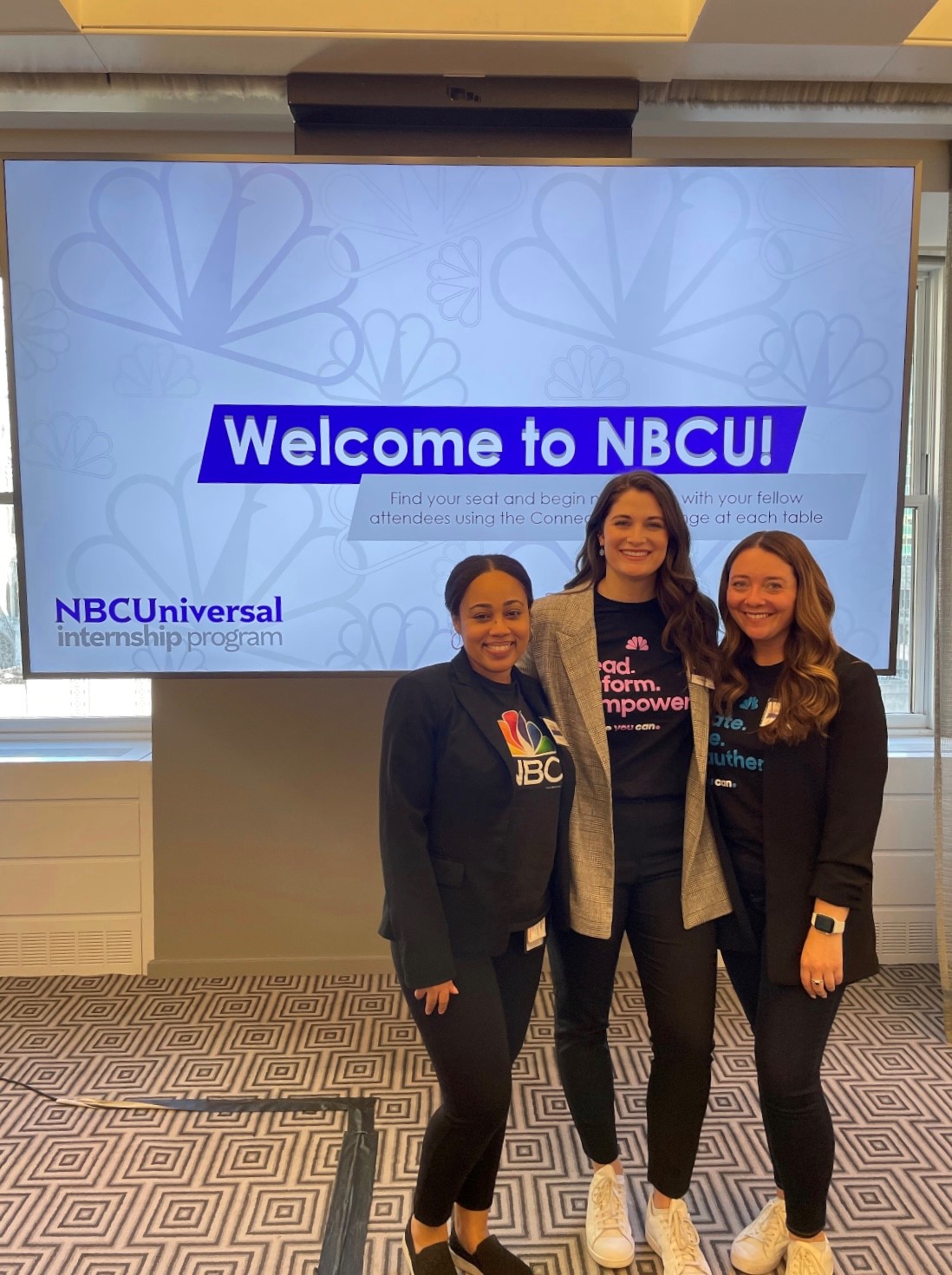
When nearing the end of an interview, recruiters and hiring managers tend to open the floor for applicants’ questions. Morgan said instead of asking generic questions or things you can find online, like, “Tell me about the company,” ask something more specific about what the training and onboarding would look like. Showing genuine interest about the team structure or how a story was made lets the recruiter know you are envisioning yourself in the role.
“Any opportunity you can use to show that you’ve done your research, that you are prepared, that you care … just goes far and beyond,” she said. She added that the applicant should consider: “How do we make this conversation feel like we’ve known each other for forever?”
The end of a journalism job interview is also a good time to build on the conversation you’ve already had. Ask for any clarifications you need, and learn about the company culture. “The more specific you can really be here, the better,” Morgan said. “That’s really going to show your interest and your preparation and research that you’ve done.”
Write a personalized thank-you note
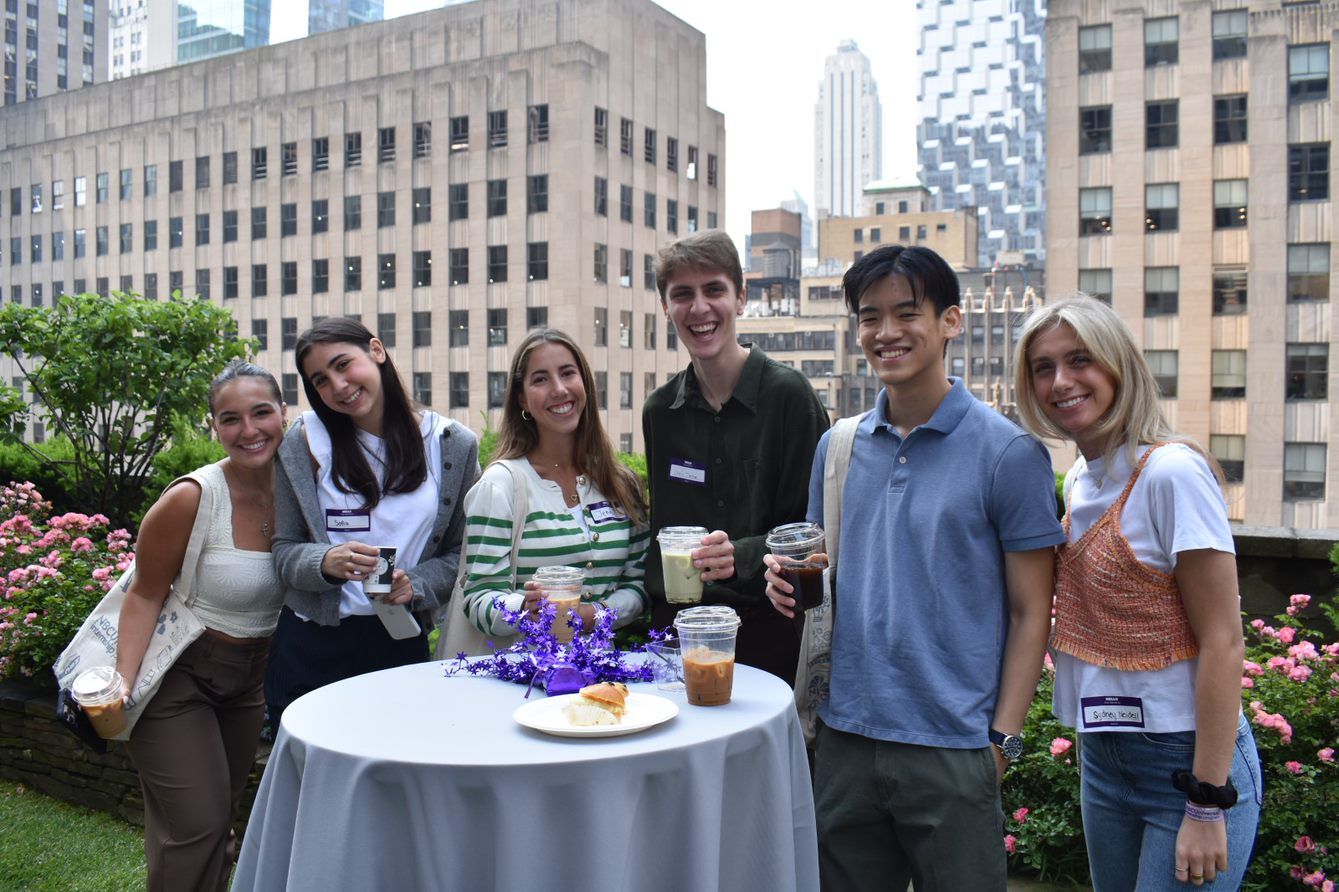
Sending a thank-you email after a journalism job interview shows good interview manners, Morgan said, but she advises staying away from templates. For it to be effective, it should include a personalized note with one or two sentences that reference the conversation.
“It doesn’t take much time, and it really means a lot and shows a lot about your character,” Angrum said.
If you’ve been given a time frame about when you will hear back, Morgan said it’s good practice to kindly check in and take that opportunity to highlight some of your recently published work.
“So much of the job search is based on timing, so a lot of it is not personal,” she said. “Stay true to yourself throughout the whole process, and you will end up in a job that you love.”
This rings true for Angrum, who landed her first role as a writer and host at digital startup Circa and now has her dream job at NBC 4 New York. “Never stop believing that you can get better and improve,” she said.
“This path, it can be confusing. It can be disorienting,” Angrum said. “[Be] kind to yourself, and the process will take you a long way.”
Find the latest NBCUniversal job opportunities at nbcunicareers.com.
Gallery: NBCU News Group Internships
Kay Angrum shares photos from her days as an intern for CNBC, “TODAY” Show and NBC Los Angeles.


